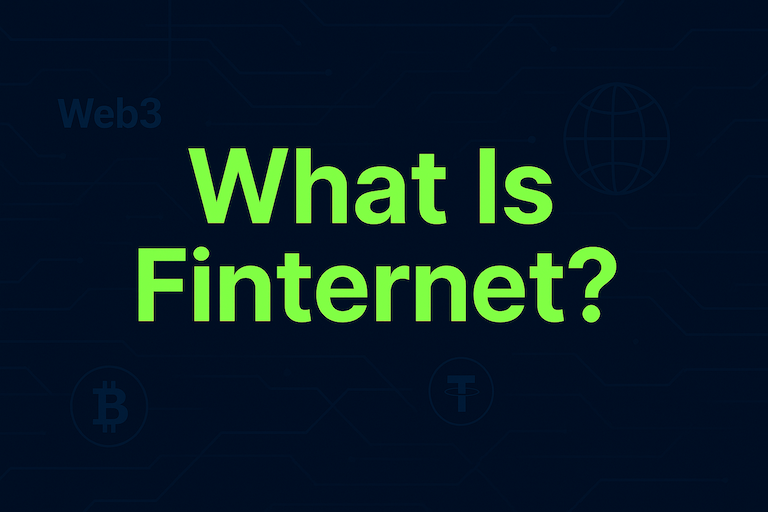Pi Network: Scam or the Next Big Thing in Cryptocurrency?
Jun 12, 2025
The Pi Network has gained massive popularity by offering users the chance to mine cryptocurrency using their smartphones. But with no listed token and growing speculation, many are left wondering — is Pi Network a scam, or could it be the next major breakthrough in crypto? This article breaks down what Pi Network is, how it works, and the arguments both for and against it.
What Is the Pi Network?
Pi Network is a digital currency project that claims to allow users to mine crypto using their phones without draining battery or using high processing power. Developed by a group of Stanford graduates, the network aims to make cryptocurrency accessible to the masses.
Unlike Bitcoin or Ethereum mining, Pi does not require expensive hardware. Users simply log into the app daily and press a button to "mine" tokens. However, these tokens currently have no market value, as they are not yet listed on any exchange.
A mobile-first digital asset mining project
Built with the goal of mass adoption
Requires no energy-intensive computations
Uses a social security circle for trust
Not yet tradable on any centralised exchange
Benefits of Pi Network
The project has attracted millions due to its accessibility and low entry barrier. Many users find value in its potential and the idea of earning something for free.
Mining Pi doesn't require upfront investment, which appeals to users in developing regions. The network also creates a community-driven ecosystem that promotes user interaction and education about digital assets.
No cost to start mining
Accessible through mobile phones
Promotes digital asset literacy
Builds a social trust network
Encourages early user adoption
Controversies and Concerns
Despite its popularity, the Pi Network has faced scepticism. Critics argue that the project lacks transparency, has no clear timeline for token listing, and could be collecting user data without sufficient protections.
The fact that Pi is not yet tradable raises concerns about whether the project will ever materialise into a usable asset. Additionally, its heavy reliance on referrals and daily check-ins resembles tactics often seen in pyramid-like schemes.
No tradable token as of now
Vague roadmap and development transparency
Possible over-reliance on social recruitment
Data privacy concerns
Lack of external audit or regulatory oversight
How to Stay Safe and Informed
If you're considering participating in Pi Network, it's essential to stay cautious. While joining is free and non-financial in nature, always be aware of how your data is being used and avoid sharing sensitive personal information.
Research thoroughly, track updates from credible sources, and avoid making decisions based on hype alone. As with any crypto project, regulatory compliance, transparency, and user protection are key indicators of legitimacy.
Never invest real money into projects without clear legal status
Monitor announcements from verified sources
Check for third-party audits or security assessments
Use platforms with proper licensing and consumer safeguards
Be sceptical of referral-heavy platforms
Conclusion
Pi Network offers an intriguing experiment in mobile-based cryptocurrency mining and has undoubtedly built a large community. However, until its token becomes tradable and its roadmap more transparent, it remains a speculative project.
Now that you understand Pi Network, stay curious but cautious — and always prioritise secure, regulated platforms for real investments.
Start your safe cryptocurrency journey now
Fast and secure deposits and withdrawals, OSL safeguards every transaction !


